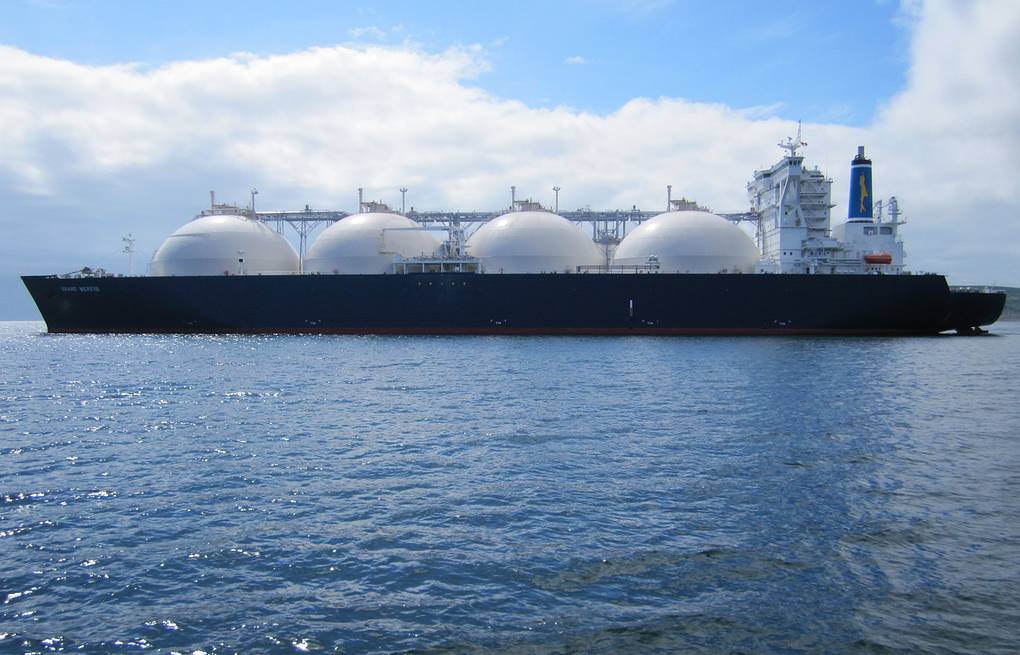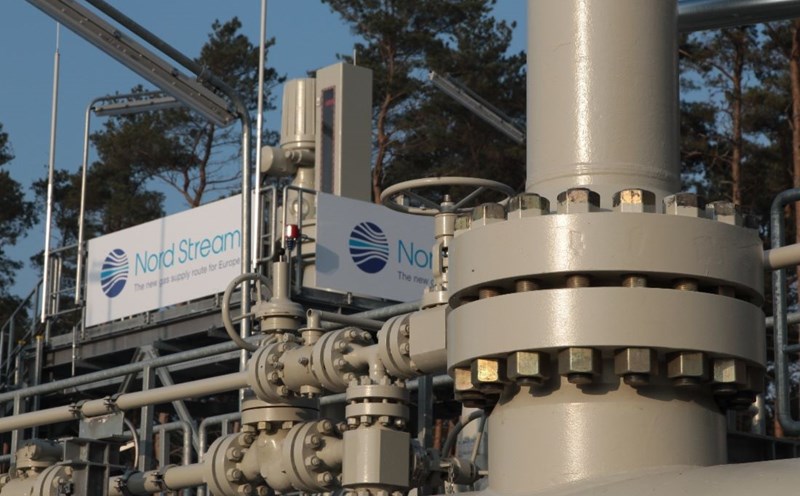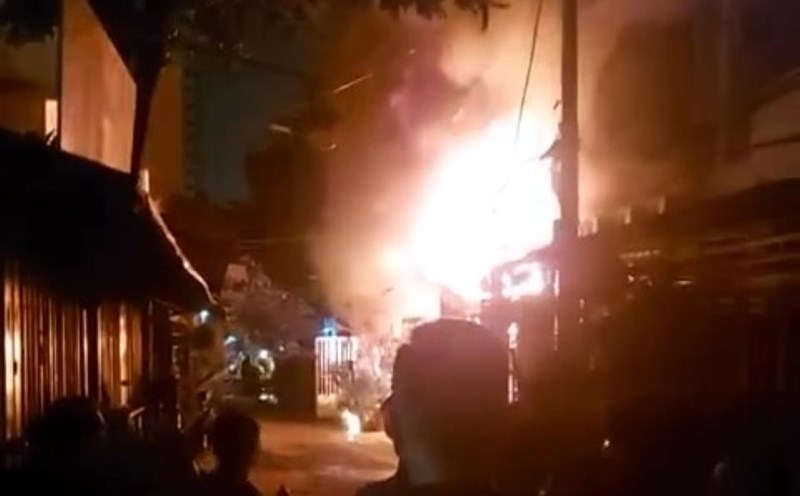Despite being a leader in green transformation and supporting Ukraine, Spain is being accused of illegally destroying plans to ban Russian oil and gas imports, according to many EU diplomatic sources to Politico.
The new draft regulation of the European Union (EU) - announced on June 17, right after Russia launched a fierce attack on Kiev - requires a complete end to imports of Russian oil and gas via pipeline and LNG by the end of 2027. This is accompanied by provisions to tighten supervision and transparency with importers, aiming to cut off the Kremlin's finances.
Although the draft was cleverly designed to avoid being rejected by Hungary or Slovakia, the EU faced a surprising objection from the EU's Climate and Green Energy Commissioner - Mother Mother Ribera, from Spain.
Many sources confirmed that Ms. ribera has mobilized the corridor to add an "urgent brake mechanism" to the regulation, allowing member states to delay the ban in case of " force majeure". Her office called the allegations unreasonable, but EU officials said the internal situation was more troublesome than the public knew.
The worrying thing is that Spain is always proud to be a leading country in Europe in renewable energy, with the goal of reaching 81% of green energy by 2030. But Spain is still quietly importing Russian LNG, with output more than double since 2021, according to international energy news and data provider ICIS.

The reason could be because naturgy - Spain's largest energy group - is stuck with a long-term contract with Russian company Novatek until 2042. If unilaterally withdraws, naturgy could be forced to pay hundreds of millions of euros.
naturgy CEO Francisco Reynes even sent a warning letter to the late President of the European Commission Ursula von der Leyen.
However, French Totalenergies - despite having a similar contract - said it would not face any obstacles if it stopped importing Russian gas and was ready to replace it with other supplies.
Some experts say Madrid still sees Moscow as an not-so-bad energy partner, or simply wants to diversify supply from the US, Nigeria, Algeria and Russia. However, this argument seems unconvincing as the global LNG market is booming, creating many alternatives.
What makes the EU worried is that Spain's actions seem to be inconsistent with what they have said. They are putting climate ambitions and domestic economic benefits above the general goal of weakening Russia's financial capacity.











